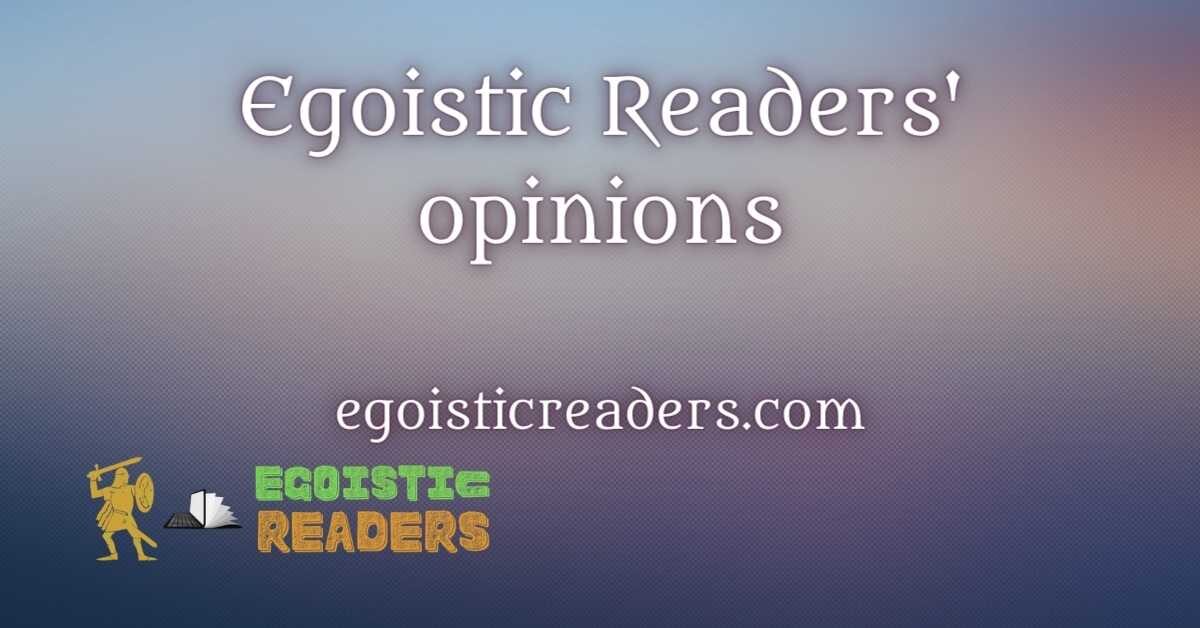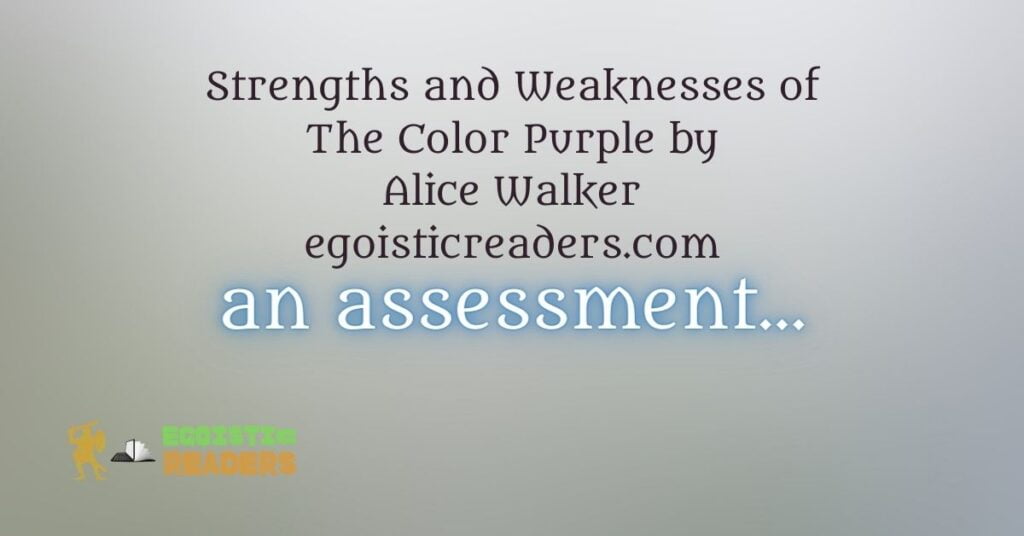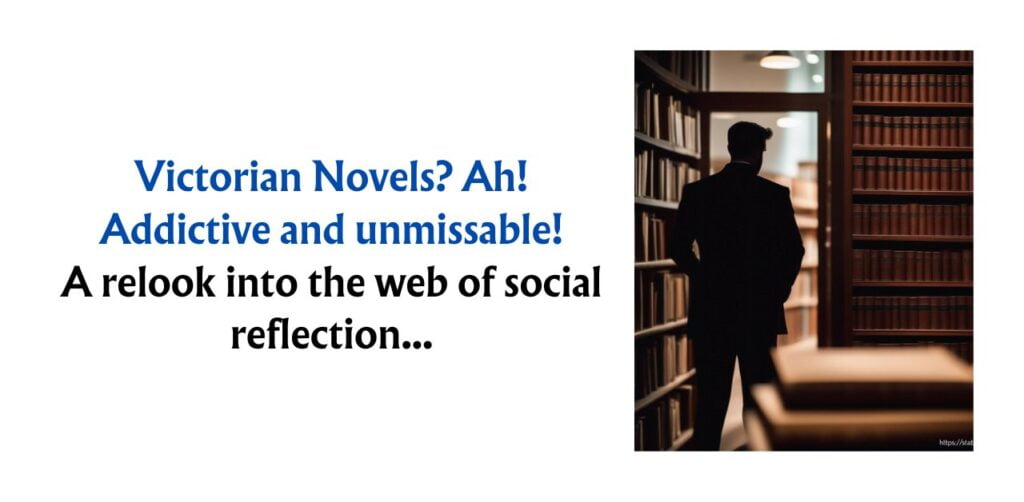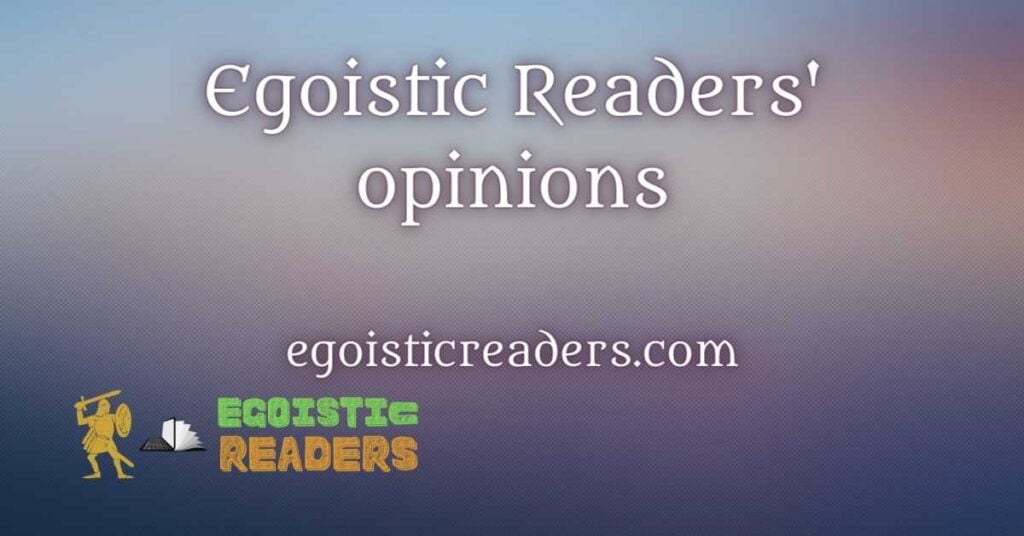Romance novels hold a unique and enduring place in the literary world, captivating readers with their emotionally charged narratives, compelling characters, and tales of love’s triumphs and trials. In recent years, these novels have experienced a surge in popularity, drawing in contemporary readers and securing a significant following. This article delves into the distinct characteristics that make romance novels unique, explores the reasons behind their preference over other genres, and compares their features with those of traditional or classical books. Also, I will mention the names of a few prominent romantic works that readers have liked, read and appreciated more compared to others. However, these are not universal. You may have liked others. So, let’s get straight into the topic… and see what do these romantic novels generally offer readers.
The Magic of Romance Novels
1. Emotional Intensity: At the heart of every romance novel lies an intense emotional journey. These novels expertly tap into the universal human experience of love, desire, and connection. The rollercoaster of emotions experienced by characters resonates deeply with readers, allowing them to immerse themselves in the story and forge a solid empathetic bond with the protagonists.
2. Escapism and Comfort: In a world often characterized by chaos and uncertainty, romance novels offer an escape to a realm of warmth and comfort. Their predictable but satisfying narrative arcs provide readers with a sense of security and hope, making them ideal companions for relaxation and stress relief.
3. Diverse Representation: Modern romance novels have evolved to embrace diverse characters and relationships. Readers can find protagonists from various cultural backgrounds, sexual orientations, and life experiences, reflecting the changing societal norms and fostering inclusivity.
4. Exploration of Relationships: Romance novels delve deep into the complexities of relationships, not only romantic but also familial, platonic, and interpersonal. These stories explore communication, compromise, and personal growth, serving as valuable reflections on real-life dynamics.
Contemporary Preference for Romance Novels
Why do readers love to read romantic novels these days? What are the reasons young readers look for such works? Generic themes like second chance romance novels are getting popular among teenagers and even young readers. Why do you think this happens? I have tried to figure it out in the following points. Let me know in the comment section whether you agree with my assessment or not.
1. Relatability and Emotional Resonance: In a fast-paced world, readers often seek relatable experiences and genuine emotions. Romance novels provide a direct route to emotional engagement, offering characters and situations that mirror the readers’ aspirations, fears, and desires.
2. Empowerment and Agency: Contemporary romance novels often feature strong, independent protagonists who navigate their paths to love and fulfilment. This portrayal resonates with readers, especially those seeking stories that highlight personal empowerment and agency.
3. Evolving Themes: Romance novels have diversified their themes to include subgenres like historical romance, paranormal romance, and even science fiction romance. This versatility appeals to readers with varying interests, broadening the appeal of the genre.
Key Characteristics of Romance Novels
1. Central Theme of Love: The defining trait of a romance novel is its focus on love and romantic relationships. The narrative revolves around the development of affection and connection between the main characters, culminating in a satisfying romantic resolution.
2. Emotional Conflict: A driving force in romance novels is the emotional conflict that challenges the protagonists. This conflict could arise from misunderstandings, differences in social status, personal insecurities, or external obstacles that hinder the characters’ path to love.
3. Happy Endings: Romance novels are renowned for their obligatory happy endings. Unlike many other genres, readers approach romance novels with the assurance that, despite the challenges faced, the story will conclude on an optimistic note where love conquers all.
Comparison with Traditional or Classical Novels
1. Accessibility and Readability: One of the chief characteristics that set romance novels apart from traditional or classical literature is their accessibility. Romance novels tend to have simpler language and a more straightforward narrative style, making them easy reads for a wide range of readers. In contrast, classical literature often features complex sentence structures and archaic language that can be challenging for contemporary readers.
2. Focus on Emotion: While traditional and classical novels also delve into emotions, romance novels place an even greater emphasis on emotional exploration. The intense emotional experiences of characters are at the forefront, making them relatable and engaging for readers seeking emotional catharsis.
3. Contemporary Relevance: Romance novels are often set in modern times, which contributes to their immediate relevance to readers’ lives. Traditional and classical novels, on the other hand, maybe set in different historical periods or cultural contexts, requiring readers to bridge the temporal and cultural gaps.
Examples of Notable Romance Novels
1. “Pride and Prejudice” by Jane Austen:
A classic romance novel that explores societal norms, misunderstandings, and personal growth while highlighting the budding romance between Elizabeth Bennet and Mr Darcy.
2. “Outlander” by Diana Gabaldon:
A blend of historical fiction and romance, this novel follows Claire Randall as she time-travels between the 20th and 18th centuries and finds love amidst political turmoil.
3. “The Hating Game” by Sally Thorne:
A contemporary romance that centres around Lucy and Joshua, two coworkers who initially despise each other but find their feelings evolving into something unexpected.
Conclusion
Romance novels have earned their place as a beloved genre, appealing to readers seeking emotional connection, relatability, and escapist comfort. The genre’s evolution to incorporate diverse perspectives and explore nuanced relationships has solidified its contemporary relevance. The ease of readability, focus on emotions and guaranteed happy endings differentiate romance novels from traditional or classical literature. As contemporary readers continue to seek stories that tug at their heartstrings and offer hope, romance novels are poised to remain an enduring and cherished literary choice.
You may like these too:
Best novels for teens
Best Classic Novels of All Time
by AM for Egoistic Readers




